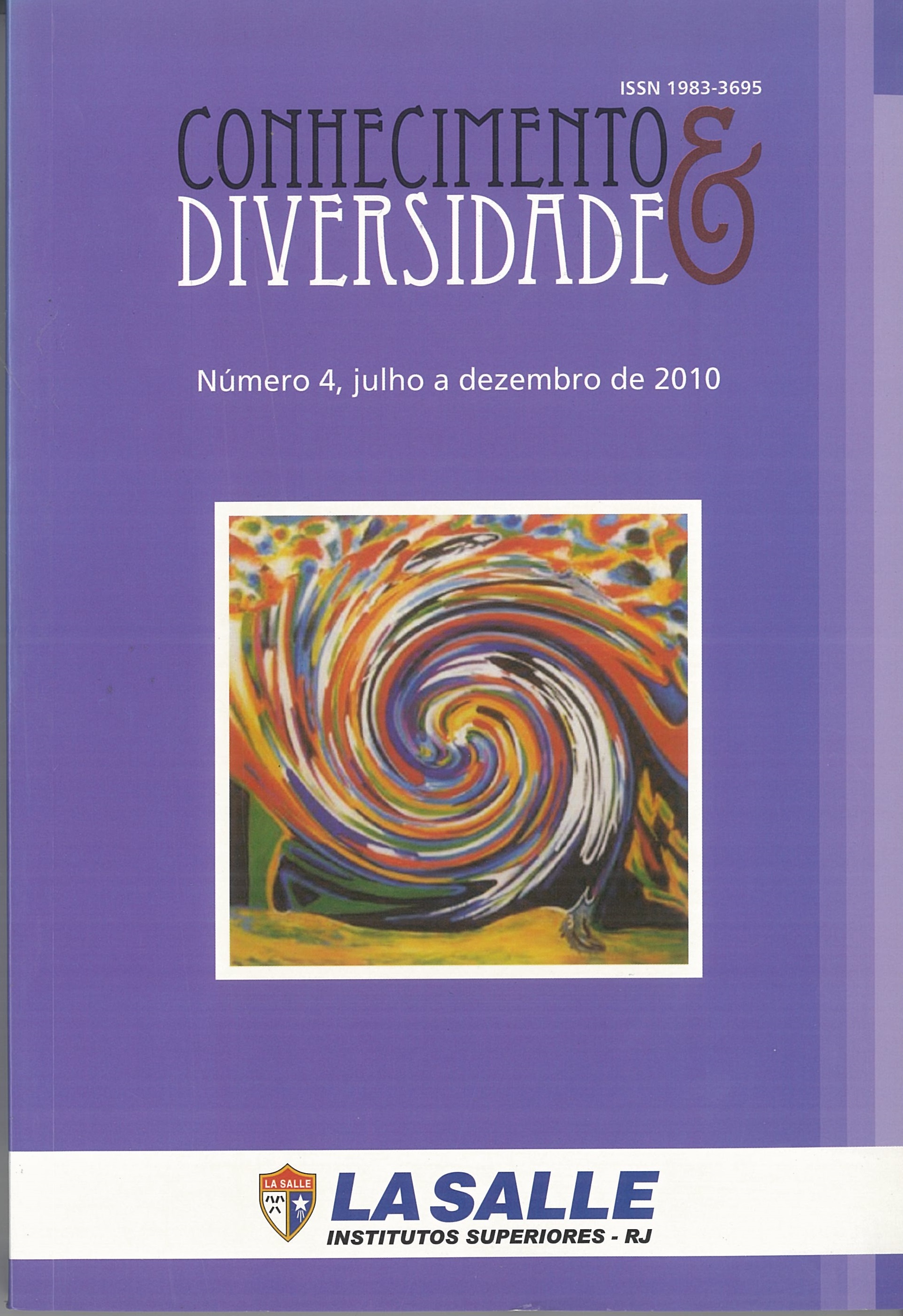A teoria do ator-rede e hierarquia de saberes: uma contribuição à docência
DOI:
https://doi.org/10.18316/518Palavras-chave:
Hierarquização dos saberes. Cerâmica. Ator-rede. Antropologia da ciência. EducaçãoResumo
Este artigo reflete sobre a hierarquização dos saberes em torno do objeto de arte cerâmica fluminense com base nos objetos híbridos e na teoria do ator-rede - segundo a qual todos os objetos comportam-se também como sujeitos uma vez que são coadjuvantes na organização da sociedade onde estão inseridos: uma rede sociotécnica é tecida a partir deles - discutidos por Bruno Latour. Enfatizando que não é possível separar sujeito do objeto nem natureza de cultura, observamos as práticas criativas e laborais de ceramistas fluminenses a fim de detectar os principais laços dessa rede sociocognitiva na qual operam. Latour (1994) não estabelece distinção hierárquica entre a produção de objetos técnicos ou científicos por diferentes sociedades quer tenham ou não a ciência como instrumento de leitura do mundo. Essa postura teórica e metodológica interessa ao campo da educação por traduzir uma escolha epistemológica que pode afetar a formulação de estratégias educativas. O estudo poderá contribuir para discussões sobre limites da teoria do ator-rede na compreensão de uma realidade através da analise e
reflexão da contribuição da antropologia da ciência à educação em ciência.
Palavras-chave:Hierarquização dos saberes. Cerâmica. Ator-rede. Antropologia da ciência. Educação.
The theory of actor-network and hierarchy of knowledge: A contribution to teaching
Abstract
This article reflects on the hierarchy of knowledge around the subject of Rio ceramics art based on hybrid objects and the theory of actor-network - according to which all objects behave also as subjects since they are cooperating in the organization of a society in which they are inserted: a sociotechnical network is woven from them - discussed by Bruno Latour. Since it is not possible to separate subject from the object or nature of culture, we observed the creative and labor practices of pottery from Rio de Janeiro to capture the main links of this socio-cognitive network in which they operate. Latour (1994) does not establish hierarchical distinction between the production of technical or scientific objects in different societies which have or not science as a means of interpreting the world. This theoretical and methodological posture concerns to the field of education by translating an epistemological choice that can affect the formulation of educational strategies. The study may contribute to discussions on the limits of the actornetwork theory in understanding a reality through analysis and reflection of the contribution of the anthropology of science to science education.
Keywords: Hierarchy of knowledge. Ceramics. Actor-network. Anthropology of science. Education.
Downloads
Publicado
Edição
Seção
Licença
Conforme recomendado pelo o Public Knowledge Project, a RCD adota para seus artigos uma licença CREATIVE COMMONS: Atribuição CC BY 4.0.
Esta licença permite que outros distribuam, remixem, adaptem e construam sobre o seu trabalho, mesmo comercialmente, desde que lhe dêem crédito pela criação original.
Esta é a licença mais adequada oferecida.
Recomendado para a máxima divulgação e uso de materiais licenciados.



